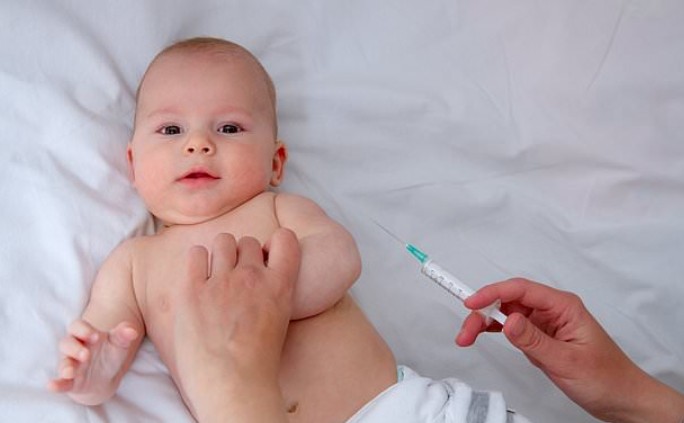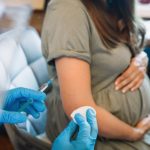Baby Dies from Whooping Cough as Vaccination Rates Among Pregnant Women Hit Record Low
A baby has died after contracting whooping cough in the UK, sparking renewed concern over the sharp drop in vaccination rates among both pregnant women and young children.
The UK Health Security Agency (UKHSA) confirmed the fatality occurred between March and June this year – the first infant death linked to the illness in 2025.
A baby whose mother was not vaccinated against whooping cough while pregnant has died after contracting the infection.
The UK Health Security Agency said it’s the first fatal case of whooping cough in the UK this year.
Dr Sakthi Karunanithi, Director of Public Health in… pic.twitter.com/umZXKxII2A
— BBC Breakfast (@BBCBreakfast) August 31, 2025
It comes at a time when uptake of routine childhood vaccines and the pregnant women’s whooping cough vaccine is at its lowest point in more than 15 years.
Dr Gayatri Amirthalingam, deputy director at UKHSA, said: “Sadly, with a further infant death in the second quarter of 2025, we are again reminded how severe whooping cough can be for very young babies.
Our thoughts and condolences are with the family who has so tragically lost their baby.”
“Vaccination is the best defence against whooping cough, and pregnant women and young infants must receive their vaccines at the right time, ideally between 20 and 32 weeks. This passes protection to their baby in the womb so that they are protected from birth.”
Figures show only 72.6% of expectant mothers received the vaccine during pregnancy, despite the jab being offered routinely since 2012. Since its introduction, 33 babies have died from the illness; 27 of those had mothers who were not vaccinated while pregnant.
Infants receive their first dose at eight weeks old, but until then, their only shield comes from maternal antibodies passed on during pregnancy.
The numbers paint a worrying picture. Childhood immunisations are also slipping. Just 83.7% of five-year-olds in England have received both doses of the MMR vaccine, well below the 95% target recommended by the World Health Organization.
That shortfall has been linked to this year’s spike in measles, which has already claimed the life of a child in Liverpool.
Recent UKHSA data also shows nearly 20% of pupils starting primary school this September are not fully protected against serious conditions, including whooping cough, polio, and diphtheria.
Uptake of the four-in-one pre-school booster has dropped to just 81.4%, the lowest since records began in 2009/10.
Experts warn that vaccine hesitancy, amplified in the aftermath of the Covid-19 pandemic, is fuelling the crisis.
Health minister Stephen Kinnock admitted the government was “deeply concerned” about the downward trend.
Speaking to the BBC, he said campaigns would be launched to counter misinformation and reassure parents that “the benefits of getting vaccinated and the fact that this is 100 per cent safe” cannot be ignored.
In an attempt to rebuild public confidence, the NHS will roll out a free chickenpox vaccine for children across the UK from January 2026. Ministers hope the move will not only protect against the common childhood illness but also signal a wider commitment to boosting trust in vaccines.
Whooping cough, also known as pertussis, is a bacterial infection that attacks the lungs and airways. It is highly infectious and can be deadly for newborns too young to receive their first dose. Eleven babies died from the illness in 2024 alone.
The UKHSA insists that ensuring pregnant women receive the vaccine between 20 and 32 weeks of pregnancy is “key to passively protecting babies in those crucial first weeks after birth.”






